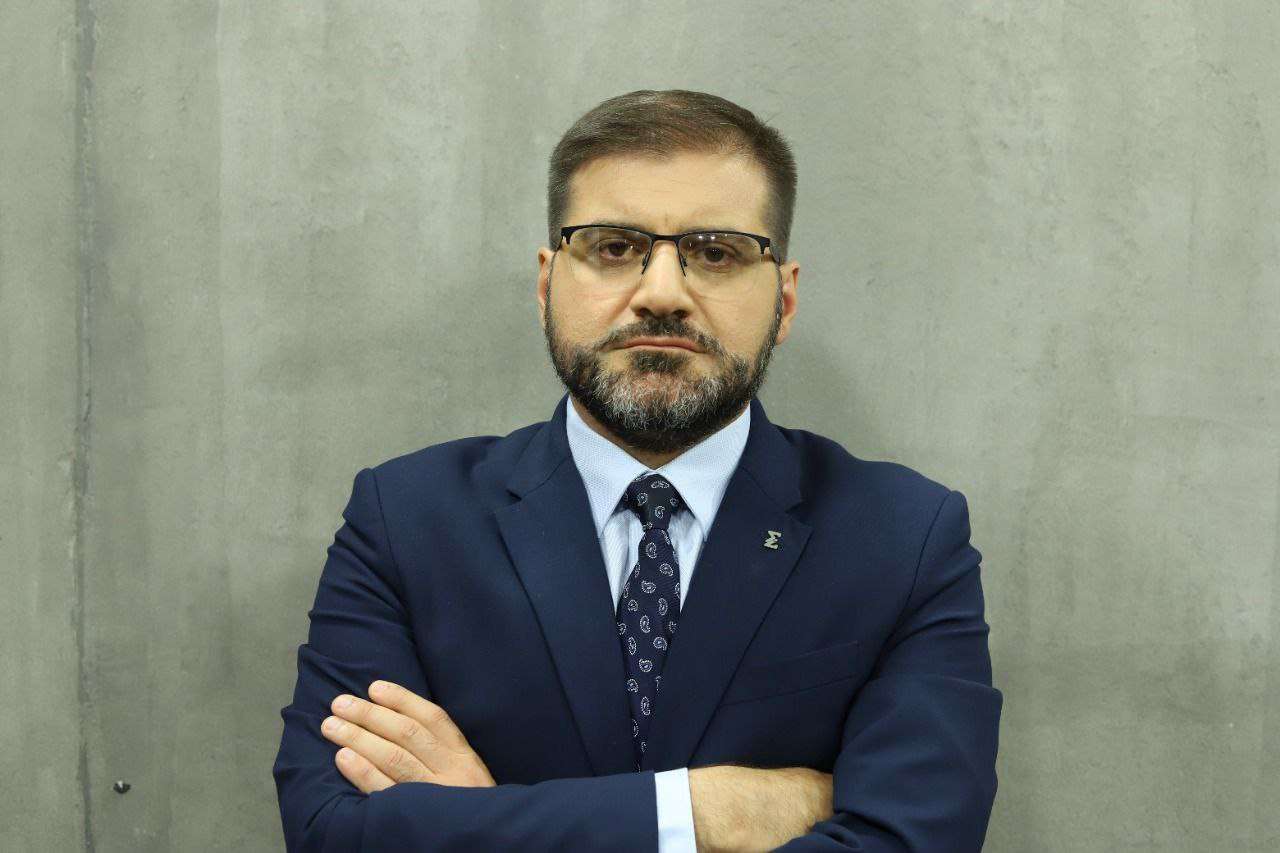The chairman of the "For the Republic" party, Arman Babajanyan, wrote on his "Facebook" page:
"The question is not about the price of gas but about the state's sovereignty. If Armenia is guided exclusively by gas price calculations, then the question arises whether being a state is worth more than Russian "cheap" gas.
When Vardanyan discusses the cost of Iranian gas, he does not mention the main problem: Russian gas has never been a purely commercial transaction but an instrument of political influence. Moscow does not provide cheap gas without political demands. We paid the price for it by conceding Armenia's energy system, leaving strategic infrastructure under Russian control, and, ultimately, creating leverage over foreign policy.
Iranian gas is more expensive today, but it is a commercial price, not a political leverage. Today, Russia provides "cheap" gas but, in return, demands loyalty, forces Armenia to remain in the EAEU, inhibits Armenia's diversification policy, and has absolute control over the energy market.
Suppose we examine the issue within the realpolitik framework. In that case, we must understand that energy independence has a price, but paying that price gives Armenia absolute freedom of political and economic decisions.
1. Calculating the price of gas is only one factor. The cost of political dependence, which has manifested in Armenia in the security sphere, stifling economic monopolies, and pressures on foreign policy, must also be considered.
2. Diversification of gas sources is not desirable but necessary. Suppose Armenia wants to break free from Russia's dictates. In that case, it must find an alternative to gas and develop a new energy strategy by introducing renewable energy projects, expanding Iran-Armenia gas contracts, and creating energy storage infrastructure.
3. If Armenia today adopts the approach that "Russian gas is cheap, so we must remain dependent," then it cannot make any other independent decisions. This is the same as saying that Armenia can never be sovereign because sovereignty is expensive.
4. Russia is not going to keep gas "cheap" forever. Historical experience shows that Moscow always uses the gas factor for political pressure, and the day Armenia tries to make independent decisions, that price will be raised or supplies will be stopped. In other words, the issue is not limited to the cost of gas but becomes a matter of state security and stability.
Armenia should consider the price of gas for one year and political and economic independence for the next decades. If the country continues to build its entire energy system on Russian fuel, it will eventually be unable to conduct a sovereign policy.
Therefore, the gas alternative is not only an economic matter but also one of state sovereignty. If we approach this issue only with commercial calculations, then tomorrow, we can say with the same logic that Armenia should abandon foreign policy, the army, or national interests to get a "comfortable price."
And which is more expensive: gas or the right to have a state? If we formulate this question correctly, the answer will become apparent."


















